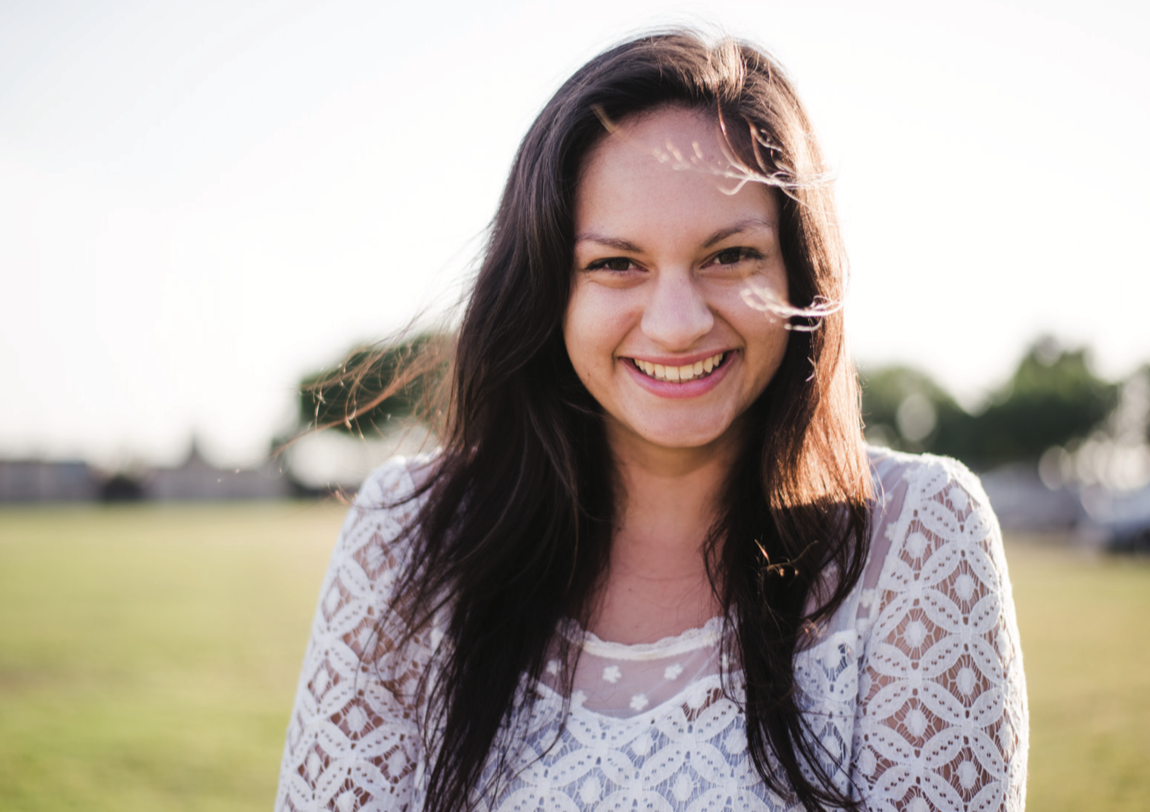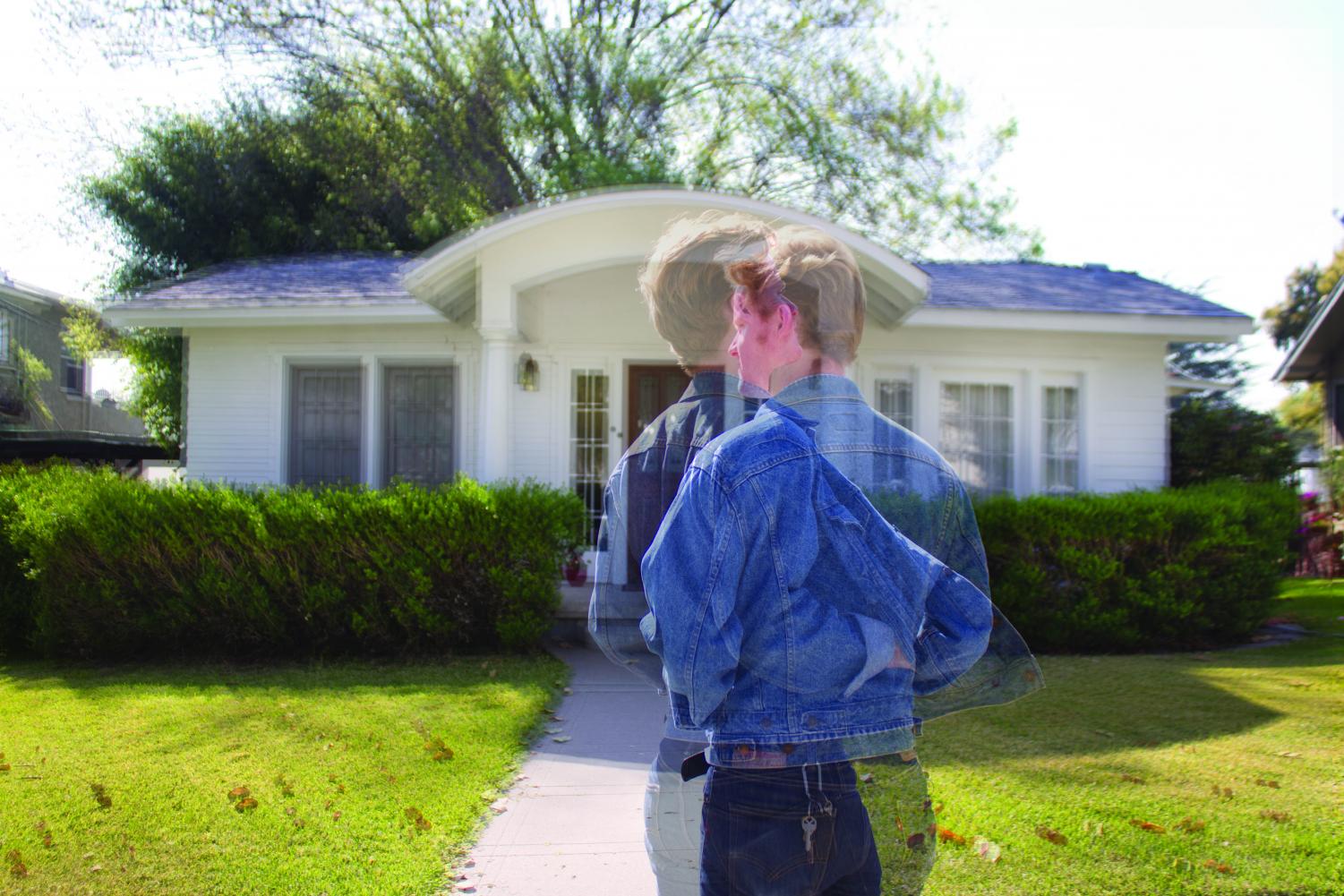Written by Alissa Sandoval
When I got off the soccer field my breathing was erratic. It came in the rhythm of three uneven breaths. Sitting down had clearly become my next priority. My body usually responds this way after I do sprints or a large amount of running — the heat was not helping either. “You can barely breathe,” chimed my roommate with the usual look of concern on her face. I looked up, shrugged with a half-hearted smile and plopped to the ground.When I got off the soccer field my breathing was erratic. It came in the rhythm of three uneven breaths. Sitting down had clearly become my next priority. My body usually responds this way after I do sprints or a large amount of running — the heat was not helping either. “You can barely breathe,” chimed my roommate with the usual look of concern on her face. I looked up, shrugged with a half-hearted smile and plopped to the ground.
“You could come to Crossfit on Monday with me,” teased our friend. I smiled but then felt the usual frustration surge through me when my body responds in this way. My friend’s heart was in the right place and I knew he didn’t understand the bigger problem at hand. Unfortunately, no amount of Crossfit or conditioning can fix a blood disorder.
When I was twelve, I discovered I had a genetic blood disorder called Beta Thalassemia. Beta Thalassemia is a blood disorder that reduces the production of hemoglobin; hemoglobin is the iron-containing protein in red blood cells that carries oxygen to cells throughout the body. This isn’t a life threatening disease, it just means my blood does not get as much oxygen as a normal body does. But when it comes to simple tasks like running, my body literally cannot produce enough oxygen to prevent uneven breathing. I could never play professional sports if I wanted to, and it is probably unwise for me to compete in something like a triathlon.
The most difficult part to accept is knowing that my body could be performing at a higher level than it is. I tend to become frustrated with myself and that the body I have been given cannot function at the limits to which I wish to push it. However, the Lord has used this unique blood disorder as an avenue for teaching me a beautiful lesson: grace.
The Point Magazine’s theme for the Spring 2015 is grace. Grace can be defined as “giving mercy or receiving pardon.” In each of the following stories, you will find scenarios where giving yourself or others grace is pertinent to living in community with one another. By extending grace to others we are acting as vessels of God’s grace in a world that is in desperate need of it.
Think about the person who lives across from you. Did you know them before you moved into Biola this year? Your dorms or apartments are the unique places where you get to live with people who think and act differently than you do. If it had not been for your floor or complex, you more than likely wouldn’t have been brought into contact with half of these people. What does God challenge us to do with these differences? God challenges us to live in community despite our differences, extending grace to all we meet.
The extension of grace is what reconciles relationships and brings hope to a hurting world. We would like to challenge you again, Biola, to act as vessels of God’s grace. People are like icebergs — only 30 percent of what’s happening in their lives lie above the surface. With the other 70 percent submerged below the water, it’s fair to assume that each person on your floor or in your apartment complex is in as much need of God’s grace as you are.
Lastly, be brave enough to extend grace to yourself. The Lord has placed you right where you are meant to be, every circumstance and every barrier. Allow the moments of frustration you feel for yourself to be a reminder of your need for God and the grace we can give to ourselves because of that need. We are not meant to operate perfectly; if we were, relying on Him in our weaknesses would be unnecessary. I pray that you would allow the feelings of inadequacy to be a bridge for God to spread grace into your lives, so that you may be able to share it with others in return.
Blessings, Alissa C. Sandoval




